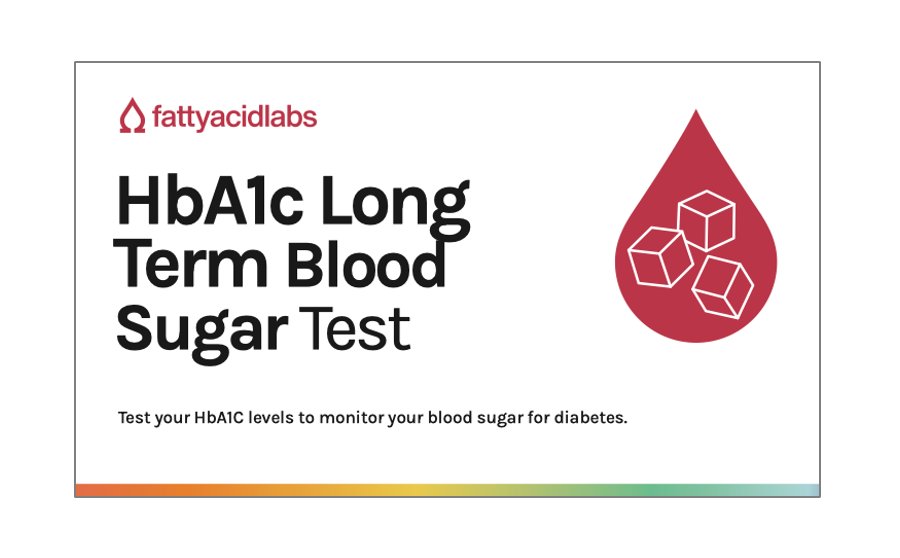
Understanding HbA1c: A Vital Measure for Long-Term Blood Sugar Control
HbA1c (haemoglobin A1c) is a key indicator of long-term blood sugar control. It reflects the average blood glucose levels over the past 2-3 months by measuring the percentage of haemoglobin in the blood that has glucose attached to it. Unlike daily blood sugar measurements, HbA1c provides a broader view of overall glucose management, making it essential for monitoring diabetes and prediabetes.
Key insights:
- Link to Blood Sugar: Elevated HbA1c levels indicate consistently high blood sugar, which can increase the risk of complications such as cardiovascular disease, kidney damage, and nerve damage.
- Target Levels: Maintaining an HbA1c below 5.7% is generally considered normal, while levels between 5.7% and 6.4% indicate prediabetes, and 6.5% or higher suggests diabetes.
- Impact of Diet and Lifestyle: Proper management of diet, exercise, and medication can help lower HbA1c levels, improving overall health and reducing the risk of diabetes-related complications.
- Long-term Health: Regular monitoring of HbA1c is crucial for individuals with or at risk of diabetes, as it helps track long-term control and guide treatment adjustments.
Test Kits for Sugar Control

HbA1c (haemoglobin)
Key Benefits:
- Long-term Blood Sugar Management: HbA1c reflects average blood sugar levels over the past 2-3 months, helping to monitor long-term glucose control.
- Diabetes Risk Assessment: It aids in diagnosing prediabetes and diabetes, allowing for early intervention and prevention strategies.
- Reduced Risk of Complications: Keeping HbA1c within target ranges lowers the risk of diabetes-related complications such as heart disease, kidney damage, and nerve issues.
- Personalized Treatment Insights: Regular monitoring helps healthcare providers adjust medications or lifestyle recommendations for better blood sugar management.
- Cardiovascular Health: Lower HbA1c levels can contribute to improved heart health by reducing the risk of atherosclerosis and other vascular conditions.
What is?
HbA1c Long Term Blood Sugar Test
HbA1c, or glycated haemoglobin, is a critical marker that measures long-term blood sugar control by indicating how much glucose has attached to haemoglobin in red blood cells over the past two to three months. Elevated HbA1c levels can signal higher blood sugar, which increases the risk of complications like diabetes, heart disease, and nerve damage. It is essential for diagnosing and monitoring both diabetes and prediabetes. Maintaining a healthy HbA1c level is crucial for preventing damage to blood vessels, nerves, and organs, and it can also help lower the risk of heart disease, stroke, and cognitive decline. Regular testing provides valuable insights into your blood sugar management and supports better overall health decisions.

